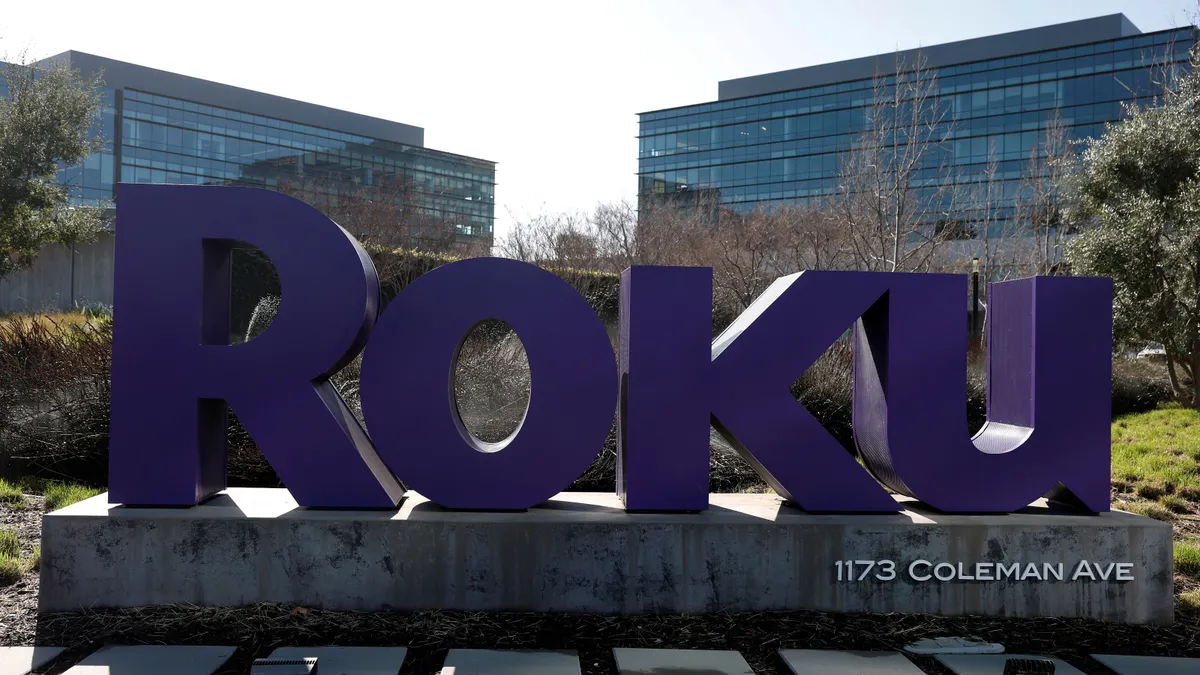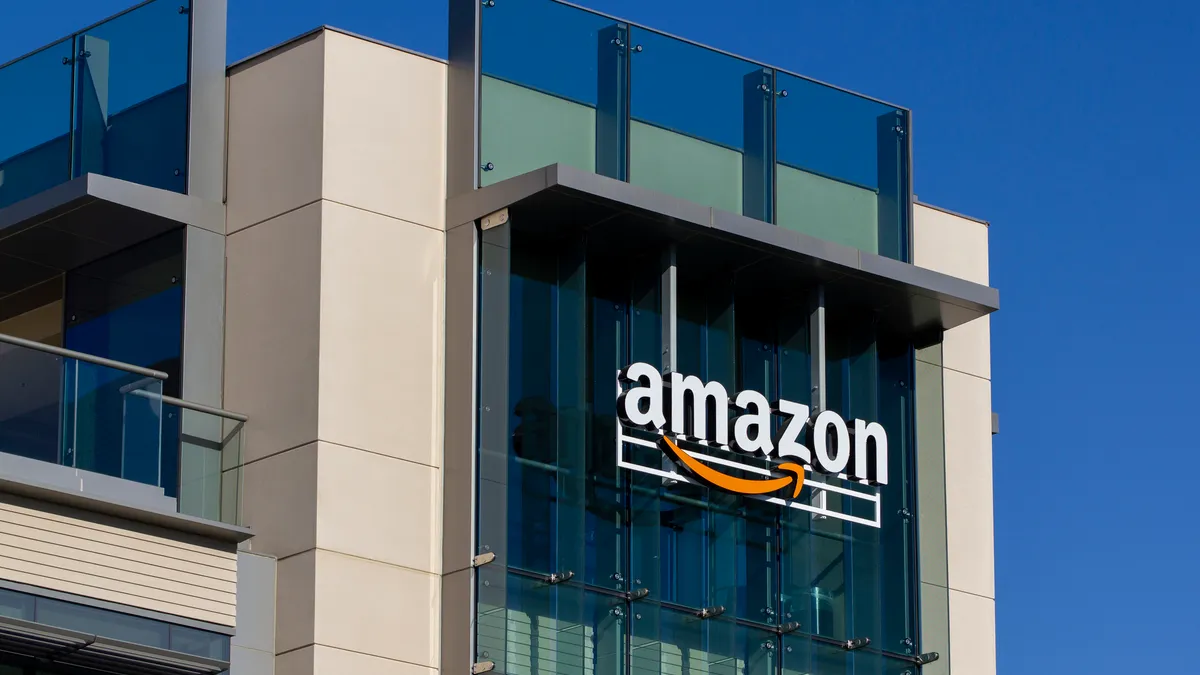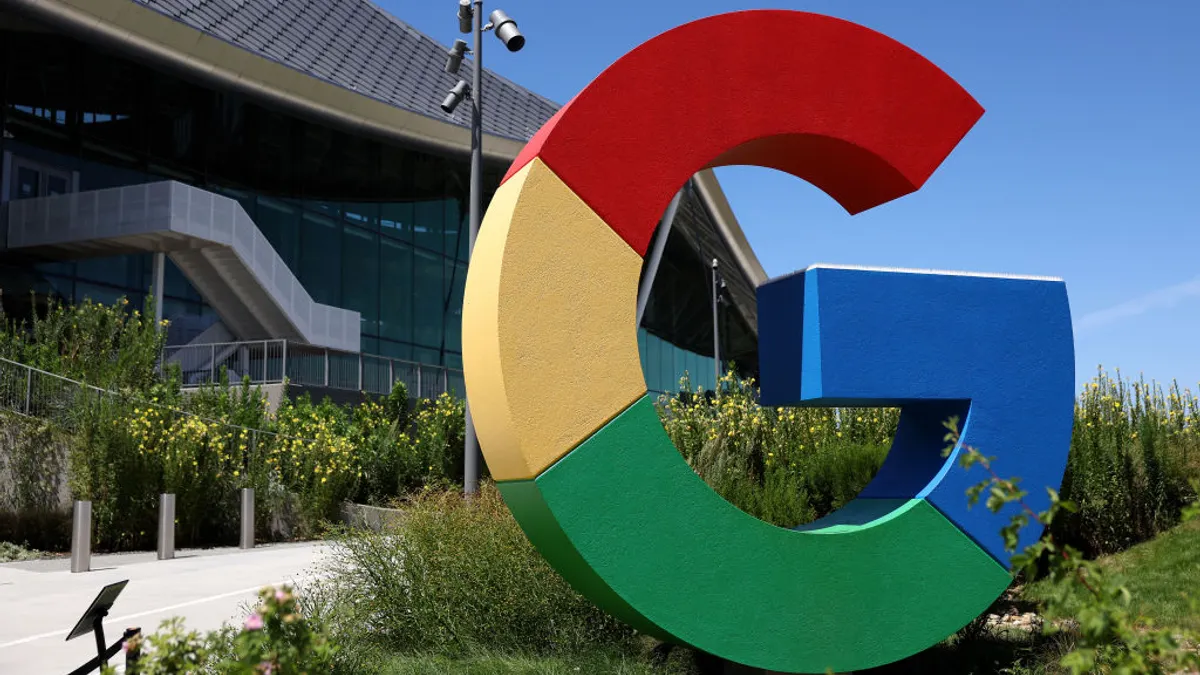Google has changed course — yet again — on its plans for third-party cookies, announcing that it will continue to offer the tracking technology in Chrome, rather than developing a standalone mechanism around their usage, as previously planned. For marketers, the news is mixed, potentially addressing issues around reach in a fragmented media landscape while also lighting a fire under internal plans to safeguard customer data.
The latest move appears to put the final nail in the coffin for cookie deprecation while possibly teeing up a future in which Google has offloaded Chrome due to regulatory pressures. Many factors were behind the shift, per a company blog post, including feedback from publishers, developers, regulators and the advertising industry about its Privacy Sandbox proposals, the cookie alternative initiative it launched in 2019. A Google executive expanded on the thinking behind the decision when asked for comment at the IAB’s Public Policy & Legal Summit on Tuesday (April 22).
“When you look at the evolution that the whole industry has gone through, and the regulatory environment, all the pieces from when we first announced Privacy Sandbox a number of years ago until today, it's continuing to evolve and develop,” said Ghita Harris-Newton, senior director for government affairs and public policy at Google. “We're continuing to work with the industry and think about that evolution and respond to the feedback that we're getting from the industry.”
The tech giant last July said it would explore a “new path” around online privacy instead of deprecating third-party cookies in Chrome, halting plans that first began in 2020. Despite countless resources being spent throughout the industry to develop plans for a cookieless future, the company has now decided to keep cookies embedded in Chrome.
The news was announced days after Google lost a second antitrust lawsuit, with a federal judge ruling that the company wields an illegal monopoly over key aspects of online advertising technology. The company in August was found to have an illegal monopoly over search, a case that could see the company forced to sell off its popular Chrome web browser. The regulatory pressure could be a factor in why Google is again rethinking its third-party cookie plans.
“This news isn't surprising. They likely don't want to do anything that would potentially hurt their ads business if they are ultimately forced to sell Chrome,” said Amelia Waddington, global chief product officer at search intelligence firm Captify, in emailed comments. “Sandbox worked because it was based on them owning Chrome and having complete control of the supply chain. If they don't have Chrome, they will need cookies for targeting, just like everyone else.”
The industry responds
While Google will maintain its current approach to offering third-party cookies, it isn’t completely abandoning privacy-preserving solutions. The company will continue to enhance tracking protections in Chrome’s Incognito mode and plans to launch a new IP Protection feature in Q3 2025, per the blog post. It will also gather industry feedback about what role the Privacy Sandbox will play, sharing an “updated roadmap” and plans for future investment in the coming months.
As with previous developments in the long, often hair-raising saga around cookie deprecation, opinions on how Google’s latest move will affect the ad industry and how marketers should respond are mixed. While some, like IAB CEO David Cohen and IAB Tech Lab CEO Anthony Katsur, hailed the move as a win for interoperability or a confirmation of where the ad industry is already headed, others decried it as undermining years of industry progress around privacy.
“At a time when consumers are more aware than ever of how they’re tracked online, doubling down on cookies sends the wrong message. The internet doesn’t have a targeting problem; it has a trust problem,” said Adam Schenkel, executive vice president of global platform strategy and operations at contextual targeting firm GumGum, in emailed comments. “Brands should take this as a wake-up call to diversify their ad strategies now, before audience trust erodes further.”
Other executives noted that marketers have already moved on from third-party cookies amid industry-wide attention on first-party data and channels like connected TV and mobile that are already cookieless.
“While we expect to see marketers continue to rely on third-party cookies indefinitely for reach, we also expect an increased emphasis on tools that can incorporate the third-party cookie alongside newer destinations and experiences, and provide interoperability and a unified view across all,” said Travis Clinger, chief connectivity and ecosystem officer at LiveRamp, in emailed comments.
More scrutiny
While the questions over the future of third-party cookies in Chrome come to a close, Google is far from out of the woods in its antitrust battles. The course changes and regulatory pressure could encourage the ad industry to continue pushing the largest player in digital advertising for more transparency and competition in other areas.
“Last week’s second major legal judgment against Google for monopolistic practices is expected to ‘reshape’ digital advertising. It also gives marketers the chance to let Google know that the end of opacity in their video advertising practices should fall next,” said Sean Cunningham, president and CEO of the VAB, in emailed comments.
“While marketers know that the depth and breadth of Google’s non-transparency in video advertising is not (yet) a crime, now is the time to say ‘it ought to be’ and demand and end to the industry’s double standards in transparency, that dynamic certainly needs ‘re-shaping’ as well,” the executive said.
More than five years after Google first announced plans to deprecate third-party cookies, the reshaping of the digital advertising landscape is well underway. The ad industry has been hard at work, adopting clean rooms for data collaboration, developing IDs for better targeting and refining marketing mix models. For the forward-looking players involved in these efforts, the latest news is a “moot point,” said Mari Docter, senior vice president of data strategy and innovation at indie media buying and planning agency Novus.
“The industry is moving towards a more privacy-compliant way of using data, and as all of the fragmented state by state privacy laws come to fruition, the cookie will just become a meaningless piece of technology moving forward,” Docter said in emailed comments. “We are not going to go back in time.”






















